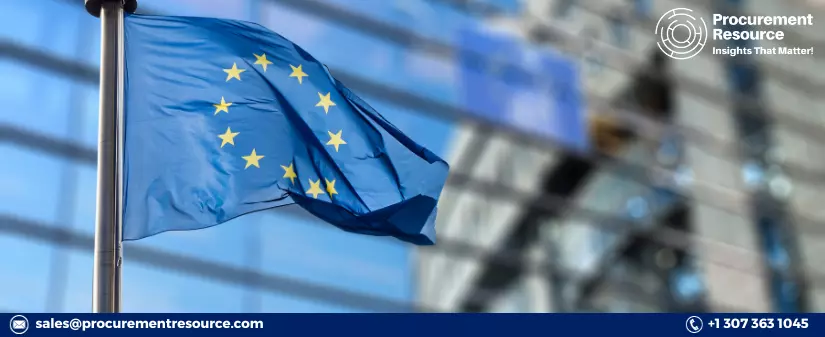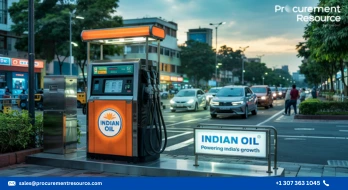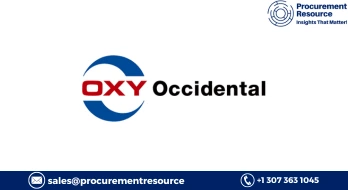The European Parliament Officially Ratified a Regulation Outlining the Amping Up SAF Usage Across EU Airports

The European Parliament has recently given its formal nod to a regulation focusing on the elevation of sustainable aviation fuel (SAF) usage across EU airports. This pivotal regulation establishes that by the year 2050, a striking 70% of jet fuel consumed at EU airports should be either renewable or meet the standards of carbon neutrality.
This ambitious initiative commences with a modest target: 2% SAF usage by 2025, which is expected to ratchet up in successive five-year increments. This progressive trajectory is underpinned by specific milestones for synthetic aviation fuels. Notable among these is e-kerosene and other RFNBOs like renewable hydrogen. These alternatives have been earmarked to constitute a significant portion of fuel consumption by the mid-century mark.
Furthermore, the EU's definition of SAF is comprehensive. It encompasses an array of fuel types ranging from synthetic fuels and non-crop biofuels to bio-wastes. Intriguingly, the regulation also gives a green light to specific recycled jet fuels, especially those derived from waste gases and plastics. The philosophy behind these measures is clear, as elucidated by the EU transport commissioner, Adina-Ioana Valean. She posits that fostering a robust demand for these eco-friendly alternatives will organically spur supply chain adaptations.
Karima Delli, the chairperson of the parliament's transport committee, contextualized these developments within a broader European vision. The overarching objective is to have an EU aviation sector that is thoroughly decarbonized by 2050. This long-term perspective transcends mere fuel changes; Delli hints at a future where shorter air travel is supplanted by efficient rail networks, epitomized by the revival of night trains.
According to the article by Procurement Resource, The European Parliament has sanctioned a progressive regulation to amplify sustainable aviation fuel (SAF) usage in EU airports, targeting a 70% carbon-neutral or renewable jet fuel consumption by 2050. Starting with a 2% SAF adoption in 2025, the plan foresees gradual increments every five years. This move, encompassing diverse fuels from synthetic varieties to bio-wastes, aims to transition the aviation sector towards decarbonization. The broader vision suggests a future where sustainable fuels and efficient rail networks reduce the continent's carbon footprint.



